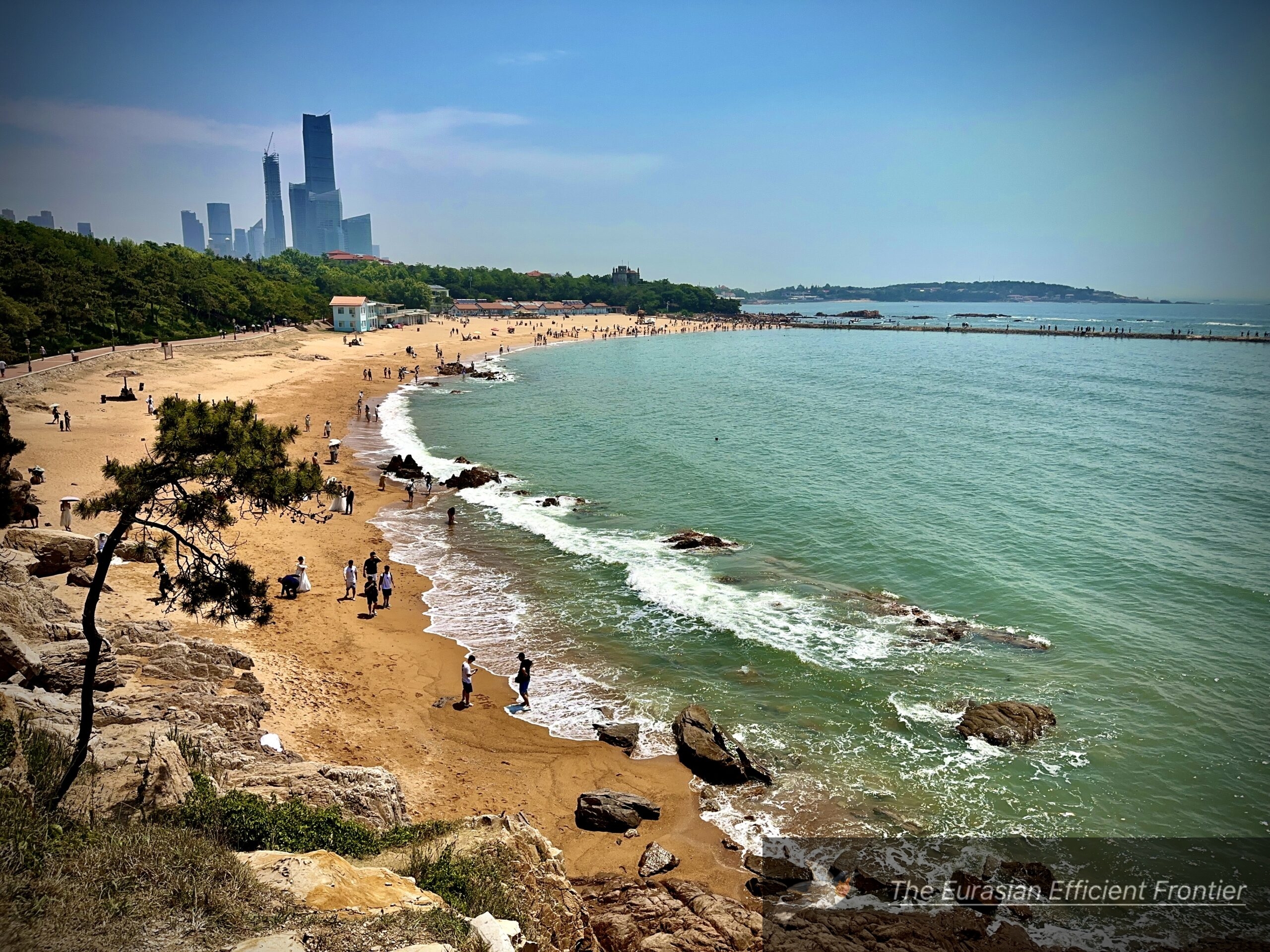In the last Post we briefly discussed Personal Finance definition and goals.
We also mentioned and shortly described the 5 core areas of Personal Finance: Income, Spending, Savings, Investments and Protection.
In this post we will continue our general discussion, talking about basic Personal Finance Strategies.
Personal Finance – 10 Basic Strategies
The sooner you start Financial Planning, the better, but it’s never too late to create Financial Goals to give yourself and your family Financial Security and Freedom.
Here are the best Basic Practices and Strategies for Personal Finance. In this Post we will cover Strategies from 1 to 5.
1. Know your Income
First of all: before taking any decision, know yourself and your means.
You must have an idea of your Net Income (After Tax) and Wealth (or Net Worth).
Even if this can seem obvious, often it is not. Many people don’t know exactly what their means are – especially Net Worth side.
Remember that Income is Cash Flow going into your pocket. Income is all the money you bring in: this includes salaries, wages, dividends, and other sources of cash inflow. It is the entire amount of cash inflow that you receive and can allocate to Spending, Savings, Investments and Protection.
There are many different ways to earn income. Some of them require much more Active effort than others (Passive Income). We will discuss them in the future.
2. Budget
A budget is essential to living within your means and saving enough to meet your long-term goals.
A rough starting point can be the so-called 50/30/20 Rule for your Net Income. It breaks down like this:
- Fifty percent for living essentials (rent, utilities, groceries, transport and so on)
- Thirty percent for discretionary expenses (dining out, shopping for clothes, giving to charity and so on)
- Twenty percent for the future (paying down debt, saving for retirement and emergencies, investments)
3. Pay Yourself First
“The Richest man in Babylon” (Clason, 1926) is one of the earliest and most famous Personal Finance books.
Even though it is quite old, it is a classic everyone should read. Its sound Personal Finance advice is given through histories set in Ancient Babylon. See here for more details.
One of the most fundamental advice this book gives is “Pay Yourself First”.
“Gold cometh gladly and in increasing quantity to any man who will put no less than one-tenth of his earnings to create an estate for his future and that of his family.”
(The Richest Man of Babylon – Clason, 1926)

The idea is to put aside a part of your Income as soon as you received it, and to live with what is left. This part of your income will have two goals:
- Emergency Fund creation: ensure that you have money for unexpected expenses, such as medical bills, a significant car repair, day-to-day expenses if you get laid off, and more.
- The idea is to fill up an Emergency Fund as soon as possible – approximately 3 to 12 months of living expenses.
- Once your Emergency Fund is ready, don’t stop Paying Yourself First.
- Use your monthly savings to reach other financial goals, such as a retirement fund or down payment on a home.
Note that The Richest Man in Babylon suggests to put away 10% of your Income every month. However, many experts generally recommend putting away 20% of each paycheck every month.
However, don’t try to save too much. That would lead to a miserable life. Life should be a nice journey, we should not forget to enjoy it.
“A part of all I earn is mine to keep.’ Say it in the morning when you first arise. Say it at noon. Say it at night. Say it each hour of every day. Say it to yourself until the words stand out like letters of fire across the sky.” “Enjoy life while you are here. Do not overstrain or try to save too much. If one-tenth of all you earn is as much as you can comfortably keep, be content to keep this portion. Live otherwise according to your income and let not yourself get stingy and afraid to spend. Life is good full of things to enjoy.”
(The Richest Man of Babylon – Clason, 1926)
4. Limit and Reduce Debt
It sounds simple enough: don’t spend more than you earn to keep debt from getting out of hand.
But, of course, most people have to borrow from time to time, and sometimes going into debt can be advantageous — for example, if it leads to acquiring an asset. Taking out a mortgage to buy a house (to obtain extra Income through renting) might be one such case. Still, leasing sometimes can be more economical than buying outright, whether renting a property, leasing a car, or even getting a subscription to computer software.
In the US, students loans account for $1.59 trillion of consumer debt — if you have an outstanding student loan, you should prioritize it. In general, if you’re stuck with a high interest rate, repaying the capital faster can make sense in the long term.
On the other hand, minimizing repayments (to interest only, for instance) can free up income to invest elsewhere or put into retirement savings while you’re young, when your nest egg gets the maximum benefit from Compounding Interest. Compounding Interest is a very important Personal Finance concept: Einstein defined it the 8th Marvel of the World! We will definitely talk more about this in a dedicated post.
5. Only Borrow What You Can Repay
In the US, Credit Cards with high interest rate in case of failure to repay the debt can be major debt traps. Not only the high interest rate can be devastating for your Personal Finance, but easy credit can give you the delusion of easy money, which lets you spend more freely than you should.
However, at least in the US, it’s unrealistic not to own any. Furthermore, they have applications beyond buying things. They are crucial to establishing your Credit Rating and a great way to track spending, which can be a considerable budgeting aid.
Credit needs to be managed correctly, meaning you should pay off your entire balance every month or keep your Credit Utilization Ratio at a minimum (that is, keep your account balances below 30% of your total available credit). Given the interesting reward and incentives often offered (such as cashback), it can make sense to charge as many purchases as possible — if you can pay your bills in full. Avoid maxing out credit cards at all costs, and always pay bills on time. One of the fastest ways to ruin your Credit Score is to constantly pay bills late—or even worse, miss payments.
In Europe, Debt Cards are much more common than Credit Cards. Incentives and Rewards for the use of Credit Cards in Europe are not common and, when existing, much less interesting. Personally, I only have a Credit Card provided by my company and I almost never use it.
Using a Debit Card, which takes money directly from your bank account, is another way to ensure that you will not be paying for accumulated small purchases over an extended period with interest.
Conclusions
In this post we shortly discussed Personal Finance – Basic Strategies (Part 1 of 3). You can find Part 2 here and Part 3 here.
Of course, we could discuss them in much greater details (and we will). For now, however, it should be enough to have a rough idea.
In the next posts, we will talk about Personal Finance Skills and how to develop them through education.
See you soon!







Leave a Reply